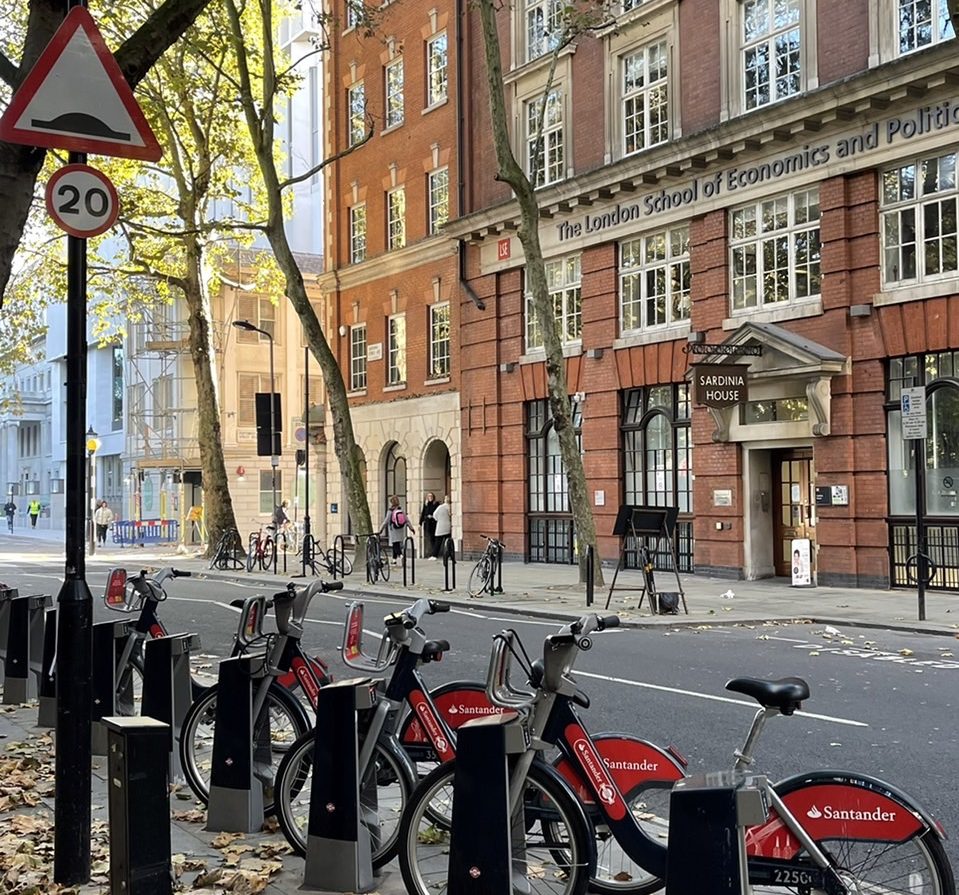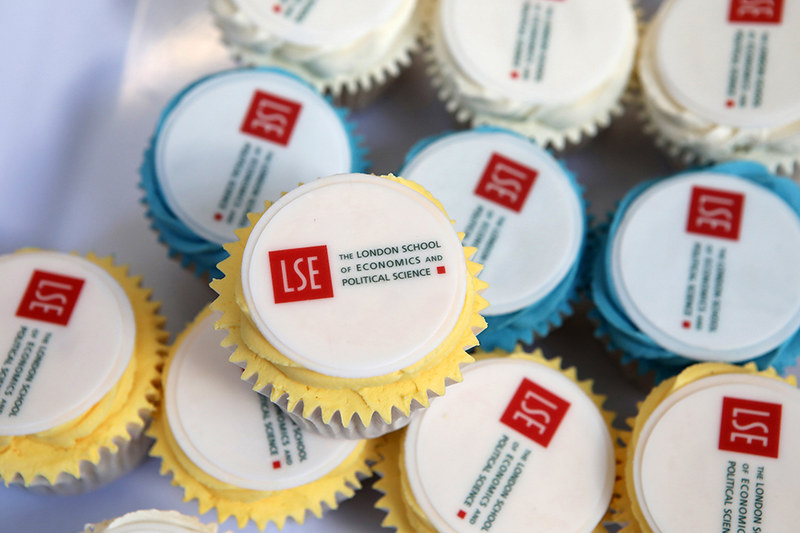The letters of reference from your nominated referees are easily one of the important components of your graduate programme application. Your referees’ assessment of your ability, skills and motivation and how these are relevant to the programme that you’re applying for form an integral part of the selection decision. So it is essential that you nominate referees who can adequately comment on these points in support of your application. Often, academic referees are able to do this the best.
That said, approaching your referees with a request for letters can be tricky. Read on for some handy tips to navigate these interactions.
- Be strategic and nominate your referees wisely
Your referees’ evaluation of your candidature is crucial to the outcome of your application. Nominate referees based on how well they have known you in the capacity of a student. Remember that the referees need to speak to your academic ability, skills and potential. This can be done best by someone who knows your work well, has closely watched your development and is able to support your application with a detailed account of their experience of working with you.
For my letters, I nominated two referees who were my professors during my postgraduate degree. My first referee was the Head of Department and the lead professor for four courses I took during my second year. He was also my dissertation supervisor. My second referee was an Assistant Professor at the department and was the lead professor for three courses during my entire programme. He was also my mentor who supervised me on two projects. As such, both my referees had ample experience with me as a student in large courses and as part of smaller cohorts.
- Send in your requests early
The application asks for the contact details of your nominated referees. The referees then receive an email with details on how to submit their letters. However, you shouldn’t be waiting until application submission to request for letters. Start early by contacting your referees to give them some context for your programme of choice and why you’re applying for it. Request for their support by telling them why they’re the best advocates for your application and give them sufficient time to consider.
I reached out to my referees two months prior to applying and asked them if they would be willing to support my application. I had this conversation with both my referees in-person and, fortunately, they both agreed immediately.
- Refresh your referees’ memory
Although your referees want to write supportive letters, they may not necessarily remember everything that you’ve achieved while studying or working with them. It’s a good idea to provide your referees with a list of points that you think will help them write compelling letters. These may include projects that you’ve worked on, assignments you’ve performed exceptionally well on, work you may have previously published, any awards you may have received, and if relevant, extra-curriculars you’ve been involved in. While you could provide this information to your referees as a refresher, do keep in mind that they’re free to choose the points they think are relevant while writing your letters.
In my case, I organised all of my accomplishments throughout my postgraduate degree into a file and shared the document with my referees in an email request for the letters. I also sent them a link to the guidance for referees that is available on the LSE website. This webpage has useful information for referees on what to include and how to submit the letters.
Final advice: don’t be shy to reach out to your referees with requests. Most of them really want to support your application and couldn’t be prouder of your decision to apply for graduate studies.
Best of luck with your application! 🙂





